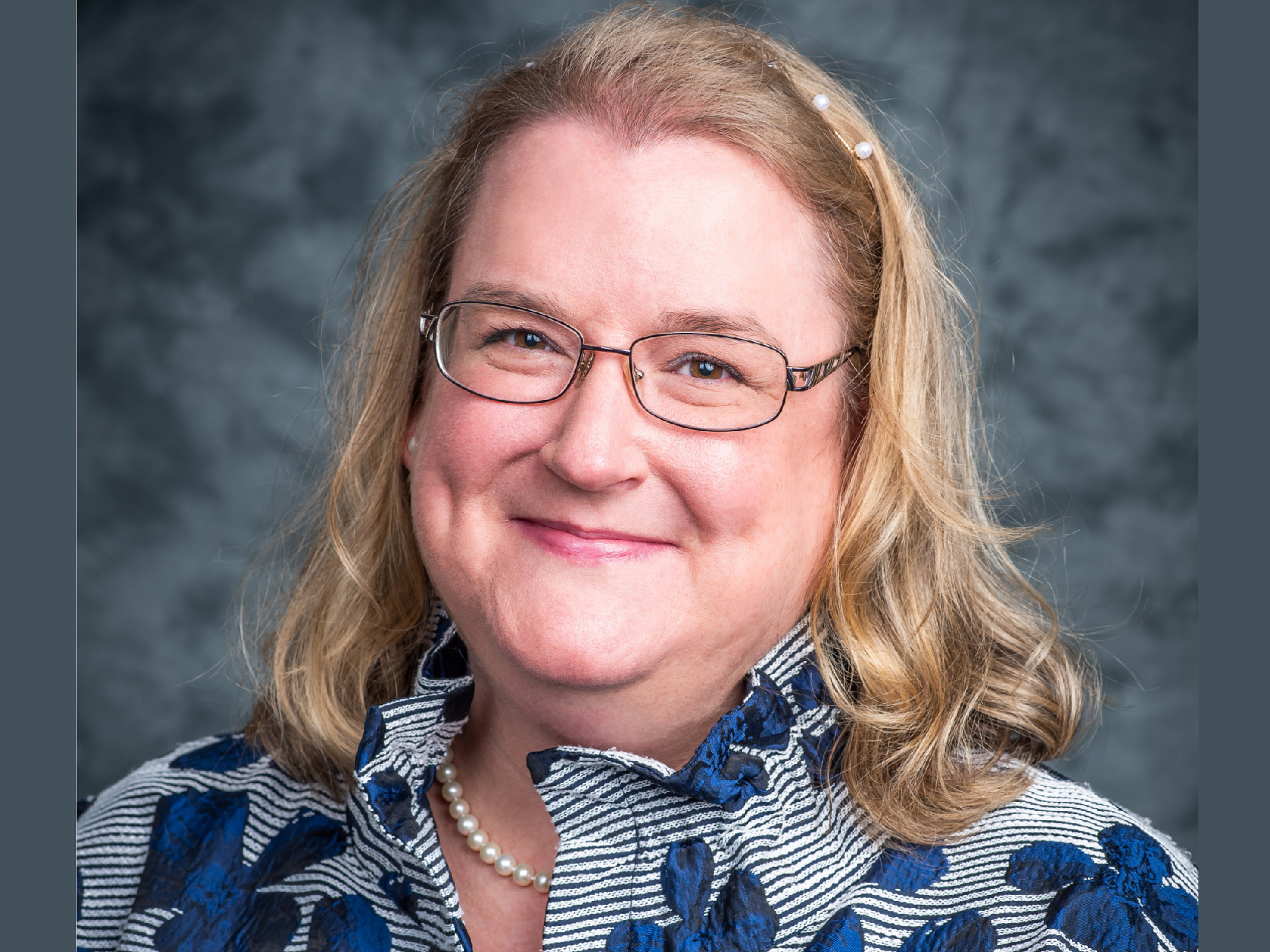 Each year, the Amputee Coalition recognizes the month of April as Limb Loss and Limb Difference Awareness Month (LLAM) to honor its community and educate others about limb loss and limb difference.
Each year, the Amputee Coalition recognizes the month of April as Limb Loss and Limb Difference Awareness Month (LLAM) to honor its community and educate others about limb loss and limb difference.
The coalition states that more than two million Americans live with limb loss or limb difference, and more than 28 million are at risk of amputation surgery. 507 people lose a limb each day in the U.S.
According to a study, “Estimating the prevalence of limb loss in the United States: 2005 to 2050,” among those living with limb loss, the main causes are vascular disease (54 percent) – including diabetes and peripheral arterial disease – trauma (45 percent) and cancer (less than 2 percent).
This year, the department highlights a strong advocate for LLAM and an amputee herself, Executive Assistant Jenni van der Kamp. We sat down with Jenni to learn more about being advocates for limb loss and limb difference.
What is the Amputee Coalition’s hill day, and what is the focus this year?
“Hill Day traditionally is a day where advocates meet with representatives from their districts in Washington, DC. This year, it has been changed to an Advocacy Forum format because most of our advocacy now happens virtually, from our own homes or workspaces.
Advocacy is how we improve care for all people living with limb loss and limb difference together. Those who participate in the Advocacy Forum will learn about how they can support the Amputee Coalition, advocacy successes, and policy priorities for 2021.
The will also learn what it means to be an advocate, how the legislative process works, and specific skills to engage lawmakers on our issues to drive change. The forum is wonderful in that those who attend will have the chance to take action, during and after the forum, and will be equipped to engage policymakers.”
What does the month of April mean to you?
“Being able to celebrate what makes me unique as well as encouraging others is what Limb Loss/Limb Difference Awareness month is all about for me and my family.”
What does it mean to be a part of the limb loss/limb difference community?
“For most of my life people have stared, rudely asked what’s wrong, called me ‘freak’ or in school ‘Peg Leg Jen.’ Being able to celebrate with others who understand what I’ve gone or am going through while providing unconditional acceptance is priceless.”
As far as advocacy, what do you feel is important for folks to know about those who have experienced limb loss or have limb differences?
“Being able to walk and afford walking on two feet is not a luxury. I’ve been blessed to have the best prosthetic care and technology for 40 years. It wasn’t until I was an adult did I realize this was not true for every amputee. For me, wearing a prosthetic limb is miserable. It is either freezing or scorching, smelly, sweaty, hurts even with the best fit, and it is not natural. To me it is the best thing I own – as the alternative is not being independent which would have a negative impact both mentally and physically.”
Are there any educational resources you want to highlight?
“Visit https://www.amputee-coalition.org. There are wonderful educational resources available and information on how someone can get involved. ”
How can family members and coworkers be supportive of the month?
“For the month of April, each Wednesday we wear the color orange. I hope my UAB Department of Surgery colleagues will join me.”
Anything else that you would like readers to know?
“It took almost five years for my parents to find a surgeon who would listen to them. After visiting physicians in six countries and being told it would be cruel to have my leg amputated and not add to my life expectancy, they found a woman surgeon who listened. She validated their feelings and fears and encouraged them while giving hope with realistic expectations. She took a risk, when her peers wouldn’t, and helped create the person I am today – a compassionate, understanding, accepting, and patient woman.”